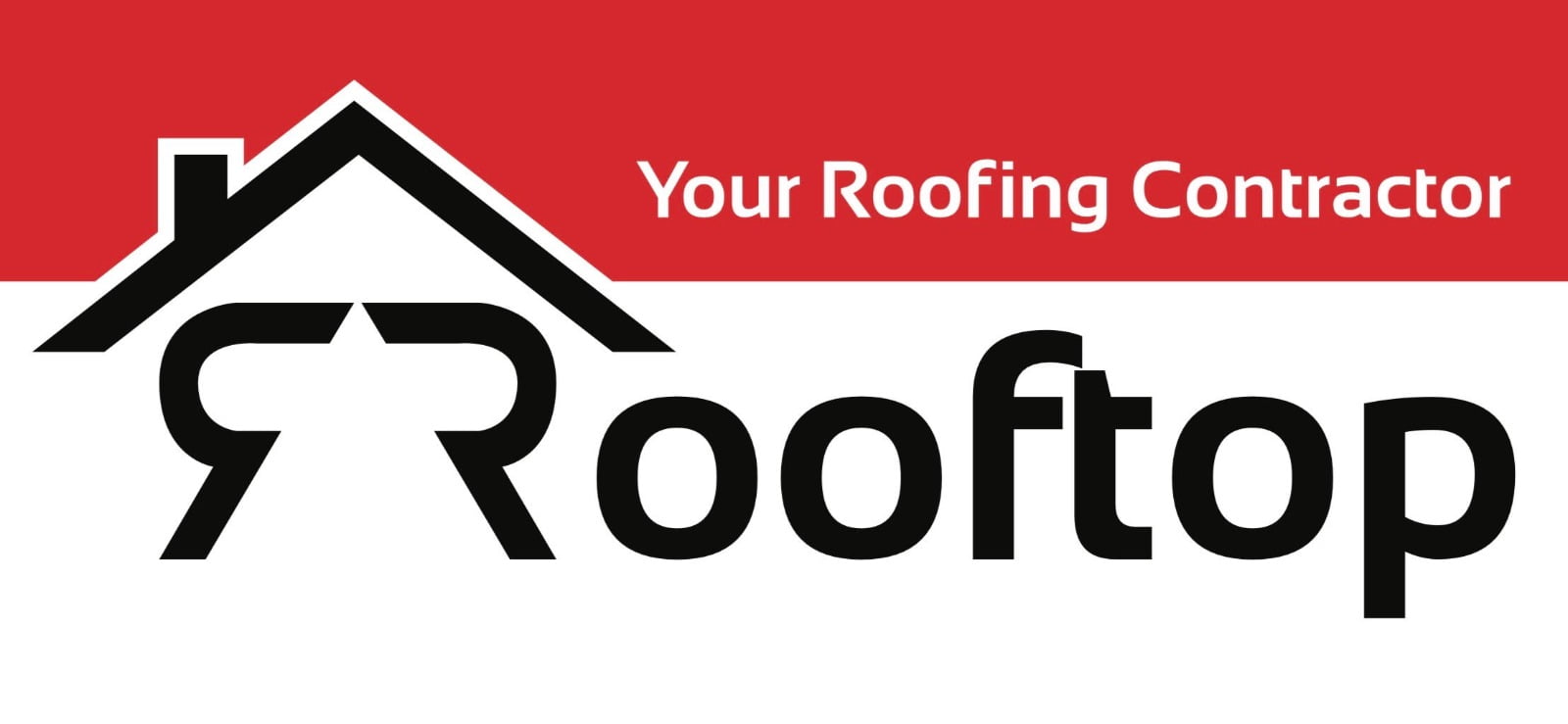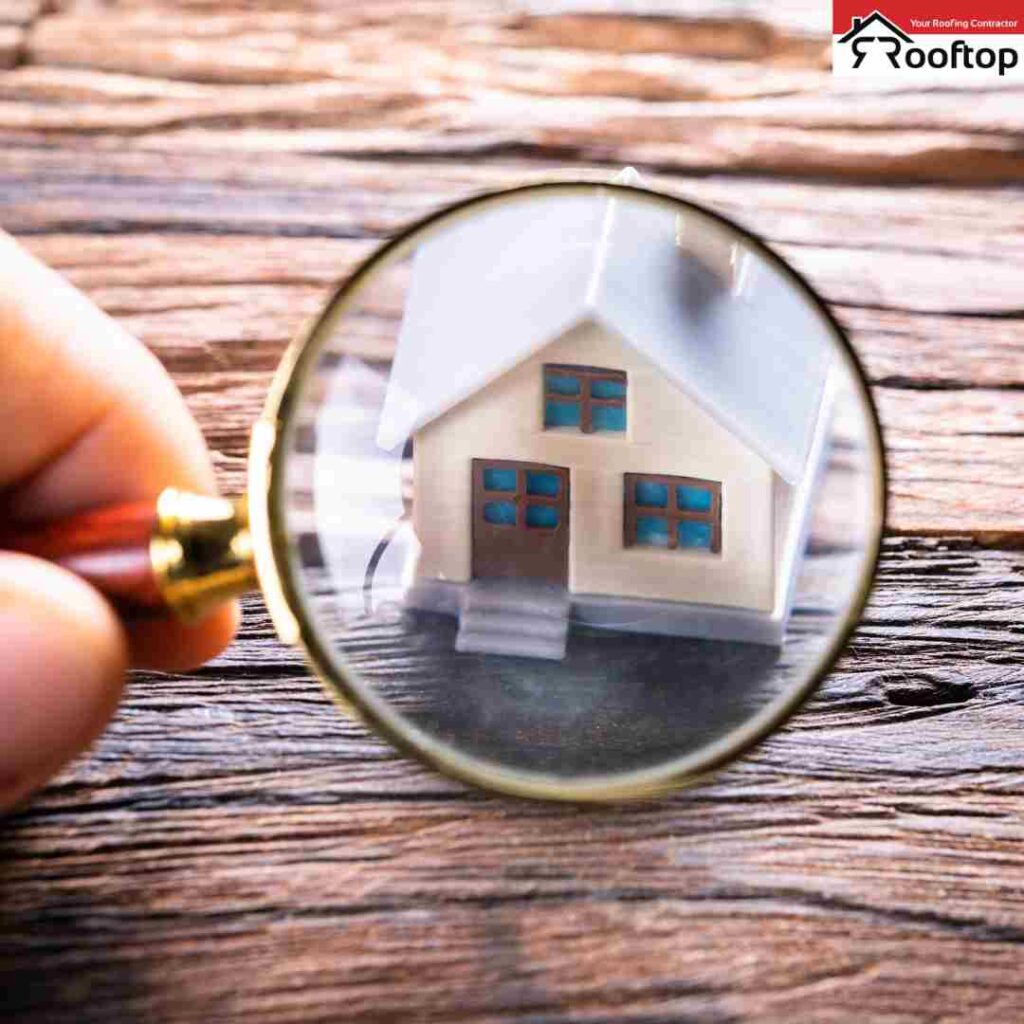Why Regular Roof Inspections are Important for Preventing Costly Repairs
If there is one thing you may regard as the greatest investment of your whole life, it has to be your home. Therefore, protecting this investment is very important, and one of the most critical aspects of a house maintenance program has to be your roof. A well-maintained roof not only enhances your house’s curb appeal but also serves as your personal frontier in safeguarding your home from the elements. However, most homeowners forget about the requirement for frequent inspections of their roofs, which can lead to very expensive repairs over time. In this blog post, we will talk about why frequent roof inspections are important in avoiding costly repairs and ensuring the long-lasting life of your roof.
The Role of Your Roof: More Than Just a Cover
Before we delve into the importance of frequent roof inspections, it’s imperative that you first understand how your roof plays a critical role in protecting your home. Your roof does much more than just keep the rain out; it insulates, efficiently provides energy, and shields your home from the fiercest weather conditions—strong winds, hail, snow, extreme temperatures, and other meteorological elements. A good roof is instrumental in keeping your house dry, safe, and comfortable. It protects your family from weather elements and water intrusion into the home.
1. Protection From Weather Elements
Your roof is exposed to the elements, and over time, that exposure will start to cause wear. Sunlight, rain, snow, and wind all combine to gradually wear down roofing materials. Without regular inspections, minor issues will certainly go unnoticed. What seems at first like small cracks or missing shingles could develop into leaks, mold growth, and even structural damage if not attended to in time.
2. Energy Efficiency
An airtight, well-maintained roof has much to do with the energy efficiency of your home. Most insulation and ventilation systems require an airtight roof to work correctly. Energy may seep out from any compromised portions of your roof, resulting in strain on your heating and cooling systems, which then have to work harder than they should. This can mean higher-than-necessary energy bills for you, and possibly breakdowns in the system, adding to more expensive repairs later down the line.
3. Structural Integrity
The roofing system is a part of your house’s structure. In view of this fact, any damage to the roof means that it has a direct effect on the integrity of your whole house. One of the problems, water infiltration, may weaken some structural parts of your home, like walls, ceilings, and foundations. This can cause extensive and very expensive repairs later on which it could have easily been prevented by installing regular roof inspections.
Common Roofing Issues That Regular Inspections Can Catch Early
Regular roof inspections are very important in identifying and addressing any issues that may crop up before they balloon into serious ones. Here are some common roofing problems that can be detected early by inspection:
1. Leaks and Water Damage
One of the most common problems that roof inspections can identify is leaks. The slightest leak, if not treated, can cause huge damage. Water may infiltrate through your attic, walls, and ceilings, which can introduce mold growth, rot, and structural harm. During an inspection, a professional will look for areas where water might be infiltrating your home and recommend repairs to avoid further damage.
2. Damaged or Missing Shingles
Shingles are the first line of defense your roof has against the elements. Most shingles wear out, crack, or fall off over time due to adverse weather conditions. Regular inspections can help in catching such anomalies early and thus replacing damaged shingles before they cause problems such as leaking and water damage.
3. Roof Flashing Issues
Flashing is the material that seals and protects areas of your roof where it meets other structures, such as chimneys, vents, and skylights. The flashing loosens, develops cracks, or corrodes over time, resulting in potential leaks. Timely detection of these issues through regular inspections will ensure your roof stays watertight.
4. Gutter Problems
Gutters help channel rainwater that falls off your roof away from your roof and your house. If the gutters get blocked or damaged, water may back up onto your roof, which may leak and cause damage. Inspections can allow gutter problems to be noted early, after which cleaning or repair can take place before major issues arise.
5. Mold and Algae Growth
In humid regions with less-than-ideal ventilation, mold, and algae can grow on your roof. While the growth of mold and algae may not seem like such a big problem, it causes your shingles to deteriorate quickly and can present health issues if it eventually grows into your home. Regular inspections will help detect any mold or algae growth, enabling you to address the problem early.
Financial Benefits of Regular Roof Inspections
While frequent roof inspections seem to be an added cost, they can actually save you thousands in the long run. Here’s how:
1. Early Detection of Problems
Among the best financial benefits that come with regular roof inspections is the possibility of early problem detection. Locating a problem before it develops into something serious will save you money on repairs, or in some instances, even prevent a full-blown replacement of your roof. For example, repairing a slight leak or replacing a few damaged shingles does not cost as much as repairing far-reaching water damage or, worse yet, fitting a new roof.
2. Extending the Life of Your Roof
Regular inspections and maintenance can actually increase the lifespan of your roof. Early action on minor issues and routine maintenance will keep your roof in good condition for many years, deferring the expensive replacement process. A well-maintained roof can last 20 to 30 years or more, depending on the materials used and the quality of the installation.
3. Reduced Energy Bills
As mentioned earlier, a good roof plays an imperative role in the energy efficiency of your house. Proper insulation and aeration of your roofing will significantly lessen energy losses, which in the long run helps reduce your heating and cooling bills. Over time, you ought to be able to recover the cost you incur of having your roof checked and maintained through savings on your energy bills.
4. Prevention of Secondary Damage
Roof problems very frequently lead to other issues, such as water damage, mold growth, and structural problems, among others. These secondary issues may be very expensive to repair and may not even be covered under your homeowner’s insurance if negligence is determined to be the case. Regular inspections will prevent secondary damage by repairing roof issues before further damage is done to your home.
5. Home Value Protection
Your home probably holds a large portion of your net worth; therefore, ensuring its value is protected becomes very important. In reality, one of the critical factors in your home’s condition and curb appeal lies in the roofing system. If you ever plan to sell your home, a dilapidated roof will decrease its value substantially, making the sale difficult. Besides improving the chances of selling your home for a better price, regular roof inspections and maintenance are important for appealing to more buyers.
When is a Roof Inspection Needed?
Now that you know why frequent roof inspections are necessary, you’re probably looking to find out how often you need to have them done. Since the frequency varies from case to case and is dependent on several factors, such as age, material type, and climate, among others, here are some basic guidelines:
1. Yearly Inspections
As a rule of thumb, the roof should be inspected at least once a year. This gives a professional the opportunity to examine your roof’s condition and check whether there are any problems that may need attention. If your roof is older or if you have gone through some tough weather around your area, then an annual inspection is highly essential.
2. After Severe Weather Events
Storms, hurricanes, and hail can cause a lot of damage to your roof. If a storm passes and your roof seems to be in good condition, contact a professional to inspect it anyway. Some damages might not appear right away and might become really problematic if not treated.
3. Before and After Major Home Renovations
In case you’re planning a huge renovation at home, like an extension or setting up solar panels, it is highly advisable to have your roof inspected before the start of any such work. This ensures that your roof is in good condition and can support additional weight or be modified without any problems. Scheduling an inspection after renovations could identify damage that might have occurred during the construction phase.
4. If There is Visible Damage
If you notice some shingles missing, water spots on the ceiling, or mold growth, it is essential that you have an inspection done at the first opportunity. Early attention to these problems will help prevent them from becoming major issues needing expensive repairs.
Choosing the Right Roofing Professional for Inspections
This becomes possible only when the right roofing professional is chosen to make sure that your roof inspections are complete and up to the mark. Following are some tips for selecting a reputable and experienced roofing contractor for your project:
1. Proper Licensing and Insurance
Before you hire a roofing contractor, ensure they are properly licensed and insured. This protects you just in case an accident does happen while inspection or repair is in process. It’s also likely that a licensed contractor will have developed the required skills and knowledge to conduct a proper and detailed inspection.
2. Look for Experience and Expertise
Experience is an essential attribute when it comes to roof inspections. Look for a contractor with some years under their belt and one who has an established record of great service. The more experience they have, the better they will know the potential problems from experience and be able to advise appropriately.
3. Read Reviews and Ask for References
Before hiring a contractor, always take your time to go through reviews from previous clients. That will give you an idea of the quality of work and customer relations skills. Request references from the contractor and contact their clients to get firsthand information about their experience.
4. Get a Detailed Estimate
A good roofing contractor will provide you with an exact estimate, mentioning the amount of inspection and any required repair work. It should break down the costs and describe the work. Watch out for contractors who give you a very general or lowball quote because that may be a sign of poor workmanship.
Conclusion:
One of the most critical components of your house is the roof, and periodic inspections are needed to help safeguard its integrity and avoid much more expensive repairs in the future. Annual visits will not only help protect your investment but will also ensure that your roof provides years of reliable protection. Schedule annual inspections, ensure that you act quickly when problems are detected, and engage the right roofing professional.
Remember, a small investment in periodic roof inspections can save you thousands in repairs and extend your roof’s life expectancy. Do not wait until you find yourself with a big problem on your hands. Schedule a roof inspection today and know you are well-protected in your home.


